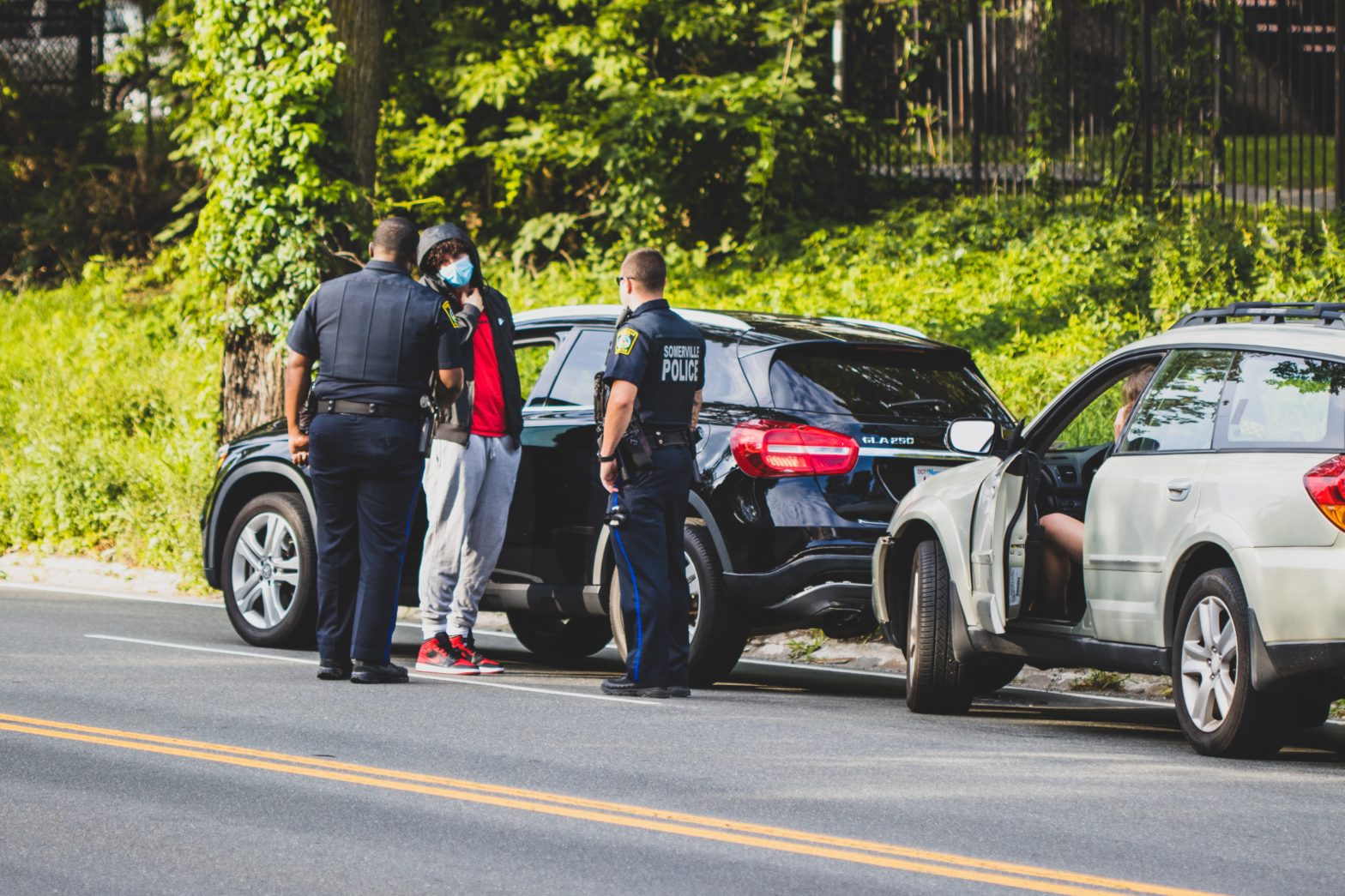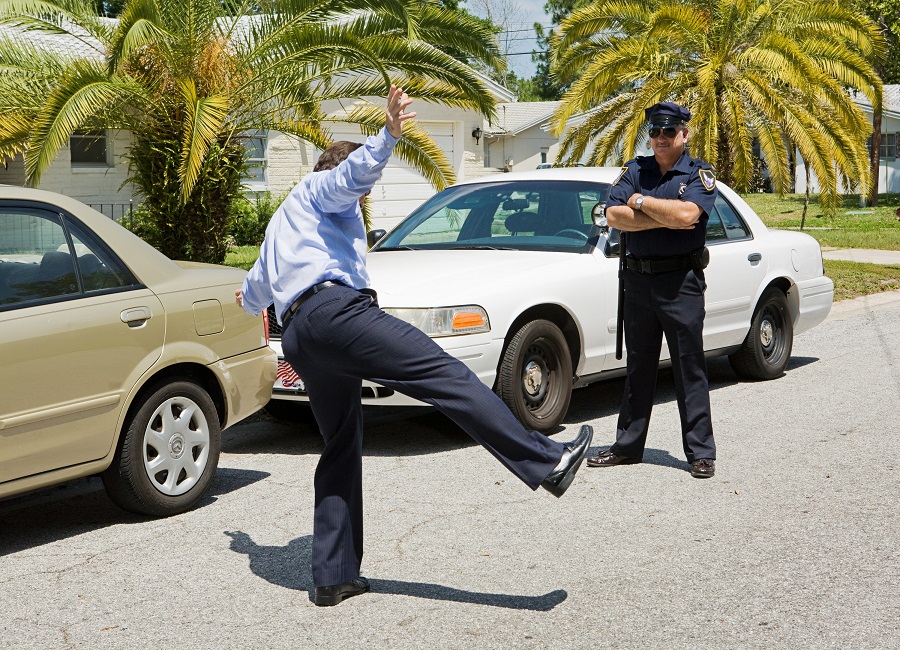Important DUI Test Refusal
California Vehicle Code §23612(a)(1)(D) speaks in mandatory, not discretionary, terms of the requirement that a licensee be informed of his duty to take a test and the consequences for failing to take a test. It thus follows that if a person is not informed of his rights and duties that no suspension can stand. “Proper warning of the consequences of refusal of a motorist arrested for drunk driving to take one of the three tests required by CVC §13353, is one of the elements essential to suspension of license under the implied consent law.” (Giomi v. Department of Motor Vehicles, 15 Cal. App. 3d 905 at 906 (1971) See also, Decker v. Department of Motor Vehicles (1972) 6 Cal. 3d 903 and Scott v. Meese, (1985) 174 Cal.App.3d 249. Further, “noncomprehension of warning did not have to be communicated to officer in order to preclude driver’s license suspension for refusal to undergo chemical tests for intoxication.” (Thompson v. Department of Motor Vehicles (1980) 107 Cal.App.3d 354). Lack of sufficient advisement is all that is required.
To ensure proper advisement, the backside of the officer’s sworn statement (DS367 Form) specifically delineates the requirement of CVC §23612 by the chemical test admonitions, which has spaces for the officer to place information like the date, time and location that the admonishment was read. It also has boxes that an officer must check to show that he/she read to the licensee the proper admonition under CVC §23612. It further requires that if the admonition was read by another officer, that that officer must place his/her name, badge/identification number, agency, and phone number in the spaces provided. This shows that someone must read this admonition to the licensee and the officer reading the licensee the admonition must be known by name.
The chemical test admonition on the DS367 provides the licensee important information that must be made known to the licensee. The licensee must be informed of his required duties and his constitutional rights before he can act. Obviously, without this information it is impossible for the licensee to make an informed decision.
However, silence alone does not always amount to a refusal because it should not be viewed in a vacuum. As the Carrey Court [183 Cal.App.3d 1265] held, the test is the “objective, fair meaning to be distilled from [the arrestee’s] words and conduct.” Thus, in Hart v. Department of Motor Vehicles (1987) 194 Cal.App.3d 1523, 240 Cal.Rptr. 373, no refusal was found where the subject remained silent but was fully cooperative with a blood draw. While the law is clear that the police have no duty to proceed with a chemical test attempt in the face of silence (see Lampman), Hart held that where they choose to proceed with a blood draw, obtain a sample without any appreciable loss of time, and the arrestee is entirely cooperative with the process, there is no refusal.
If you are arrested and charged with a DUI, you must immediately contact one of our experienced DUI attorneys at Wallin and Klarich. Wallin & Klarich has been helping individuals charged with a DUI for over 30 years. Wallin & Klarich has the experience to defend our clients and do all we can to prevent their driving privileges from being suspended. Please call us at (877) 4-NO-JAIL or (877) 466-5245. You can also fill out our contact form and one of our attorneys will contact you immediately. We will be there when you call.



